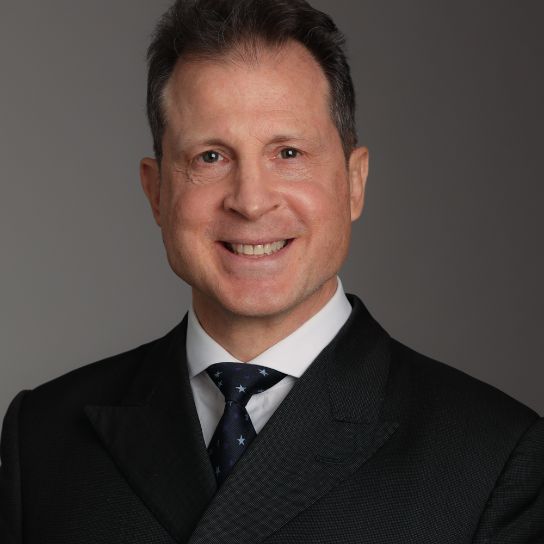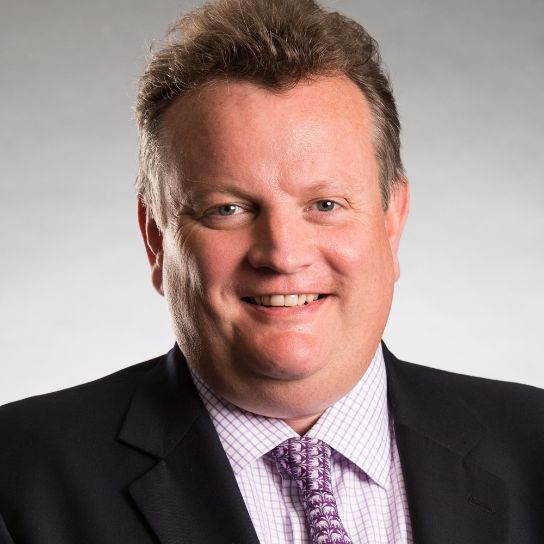What if an employee or supplier had blown the whistle sooner on car companies embroiled in the emissions rigging scandal? While it might have caused a bit of furore at the time, it would be nothing, surely, compared with the situation they find themselves in now.
Disclose with confidence
Tragic incidents, in the recent past, illustrate that employees are often fearful of making disclosures or that their disclosures are repeatedly ignored.
These days, however, companies are becoming more conscious of the commercial benefits of early disclosure. They aim to create an open-door whistleblowing culture, where employees can disclose public-interest information, usually financial, criminal, health and safety or environmental concerns, without risking unfavourable treatment or termination of employment.
By speaking up early, whistleblowers give corporates the opportunity to mitigate risks or rectify short-comings before they have tragic or ruinous consequences. In turn, rather than being perceived as "snitching", whistleblowing is gaining a laudable reputation.
And with fines for misconduct in the financial services sector typically running into several millions of dollars, there is even more incentive, beyond reputational salvage, for making whistleblowing part of the continuous improvement ethos.
Organisations are prioritising the publication, implementation and communication of corporate policies and guidelines on whistleblowing. They aim to make the process painless. Other initiatives include:
- Independent whistleblowing hotlines to report suspicions confidentially and without fear of reprisal.
- Email portals to flag concerns.
- Annual appraisals to remind employees of their rights to protection in the event that they disclose concerns or make suggestion on creating, say, a safer workplace.
Patchwork of laws and practices
Many countries have no whistleblowing legislation at all; others, like the UK, are more advanced. Globally, the general direction of travel is towards greater protection for workers who report suspected wrongdoing within their organisation.
In the UK, new rules from the Prudential Regulation Authority and Financial Conduct Authority will require in-scope banks to appoint a whistleblowing champion from 7 March 2016. The champion's role is to ensure that mechanisms are in place to allow employees to blow the whistle on poor practices.
In regulated sectors, it is also becoming standard practice to create a central hub that links business, compliance and HR functions so that they can consolidate investigations and take action on employee or third-party disclosures.
In other organisations, an appropriately skilled committee, usually including general counsel to preserve legal professional privilege, is the pivotal point for dealing with complaints and disclosures. Whatever the set-up, it should be transparent, handle disclosures respectfully and carefully, and communicate that the organisation takes malpractice and misconduct very seriously.
Organisations that operate in multiple jurisdictions can successfully inculcate whistleblowing across geographies, with blanket codes of conduct and reporting mechanisms. An ethics hotline, for instance, allows anyone, anywhere, to report misconduct direct to the whistleblowing centre or regional head. This helps to minimise the risk of fraud and malpractice in offices that are remote or not closely governed.
Bounty hunting
There is currently no financial incentive for whistleblowers in the UK. The fear is that it would delay disclosures until the reward is activated. In the US, however, a whistleblower may collect between 10 and 30 percent of monies recovered where penalties exceed more than US$1 million.
The chairman of the Australian Securities and Investment Commission, meanwhile, is arguing that lifetime compensation should be available to whistleblowers whose careers suffer as a consequence of disclosures.
In South Korea, rewards are only made where the state or local authority recovers money as a direct result of whistleblowing. From January 2016 the maximum financial reward available will be raised to US$1.7 million (US$2.55 million is the maximum for reports to Korea's Fair Trade Commission).
In China, which has been sullied by scandals involving medical and food products, rewards are limited to US$4,000 in cases of criminal offences where illicit money is recovered.
Globally, it is clear that whistleblowing is gaining credence as organisations wake up to its public and commercial value – paying heed to inside knowledge might just save their reputations.
Key contacts
Legal Notice
The contents of this publication are for reference purposes only and may not be current as at the date of accessing this publication. They do not constitute legal advice and should not be relied upon as such. Specific legal advice about your specific circumstances should always be sought separately before taking any action based on this publication.
© Herbert Smith Freehills 2024


